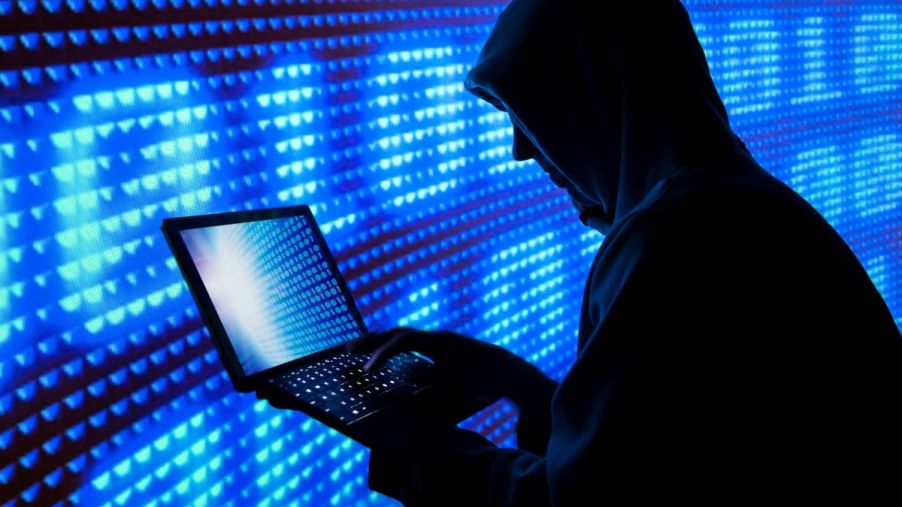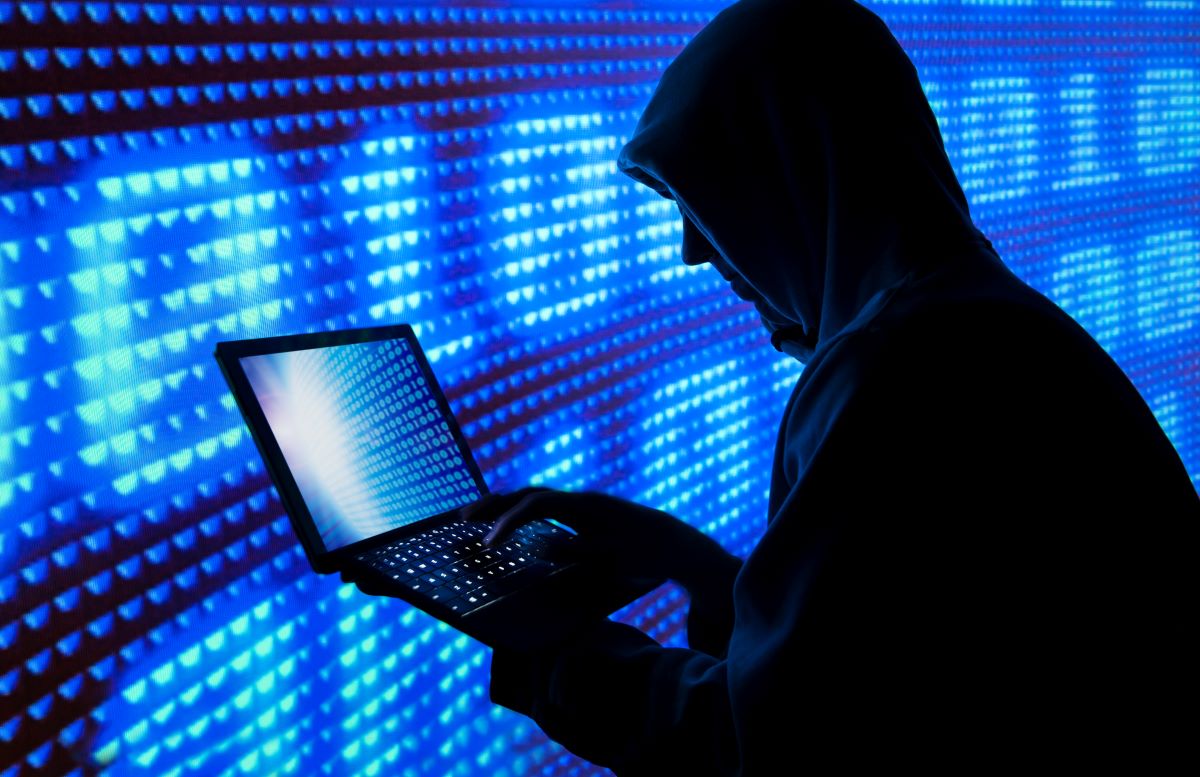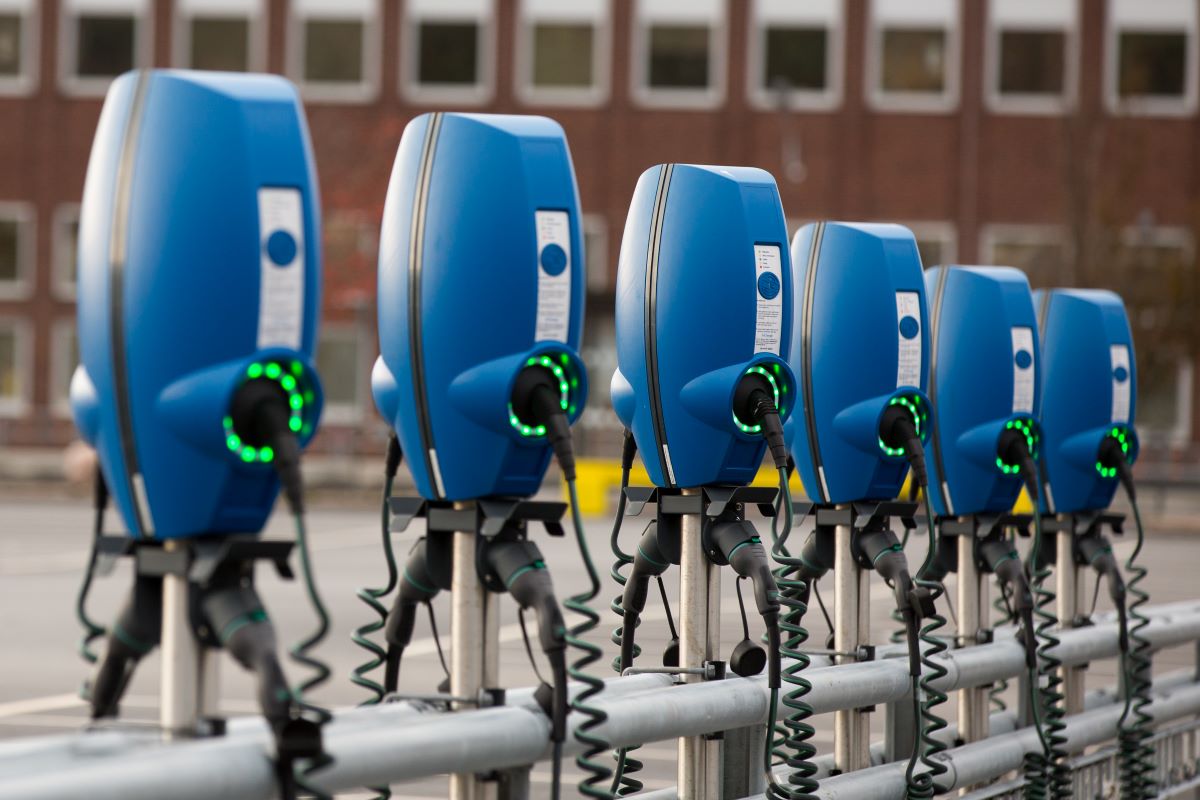
A Ukrainian Company Hacked Russian EV Charging Stations to Protest the Invasion
The advancement of EV technology has been incredible. But, with advances in tech comes advancements in cybersecurity attacks. These days, hackers are targeting EV charging stations—but not all of them are in for the cash. Some of these cyber attackers are hacking in protest. A Ukrainian company took advantage of backdoor access to hack Russian EV charging stations along the M11 motorway in late February.
Russian EV chargers hacked to show vulgar (and awesome) slogans
If you’re unfamiliar with how to use EV charging stations, drivers typically pull up to the charger, choose their payment method, and then attach the charging plug to the charging port in their vehicle. Many stations have a display screen that shares important information with users.
But, for Russian drivers trying to charge along the motorway a few weeks ago, those display screens shared a very different kind of message.
According to reporting by VICE, the Russian EV charging stations were disabled and could not provide power at all. The hackers also edited the stations’ display screens. The main message on the stations read “Call Service No Plugs Available,” but they set additional messages to run on a loop. These included:
- “Glory to Ukraine”
- “Glory to the Heroes”
- “Putin is a D*******”
- “Death to the Enemy”
How were the charging stations hacked?

The cyberattackers were able to use a backdoor—because they were the ones who created it. The company that made the EV chargers lining the M11 highway was Russian, but it had outsourced most of the charging stations’ production to a parts supplier in Ukraine. The Ukrainian company is called AutoEnterprise and is based in Kharkiv.
Rossetti, the Russian energy company responsible for the chargers, posted on Facebook to say they had disconnected the charging stations and would perform preventative maintenance on the systems.
It is unclear at this time if the charging stations are back online yet.
How the auto industry is supporting Ukraine
The war has been causing problems for car sales. Supply-chain issues have made it challenging to keep up with production for many popular car brands. High gasoline prices keep some buyers away from new vehicles with lower fuel economy ratings.
Because of or despite that fact, several car companies have stopped doing business with Russian companies, including Ferrari, Ford, Mercedes-Benz, Toyota, Lexus, Volkswagen, Volvo, and Lamborghini. Some in the automotive industry are taking a stand and siding with Ukraine. Ford and Chevy donated trucks, and several other companies donated money toward relief funds.
EV charging station hacks are on the rise

This isn’t the only example of cyberattackers hacking EV charging stations, but it is one of the few that the average person might support.
Electric vehicles, and the technology needed to support them, are at a unique risk for cybersecurity issues. Automakers pack EVs full of critical electronics and technology, and drivers connect their vehicles to the electrical grid to charge. This opens vehicles up to attacks in ways that wouldn’t affect conventional hybrid or internal combustion cars.
Your home charging station is less likely to be hacked than commercial, heavily used public chargings or charging stations used by fleet companies—unless you’ve managed to tick off a Ukrainian coder lately.


